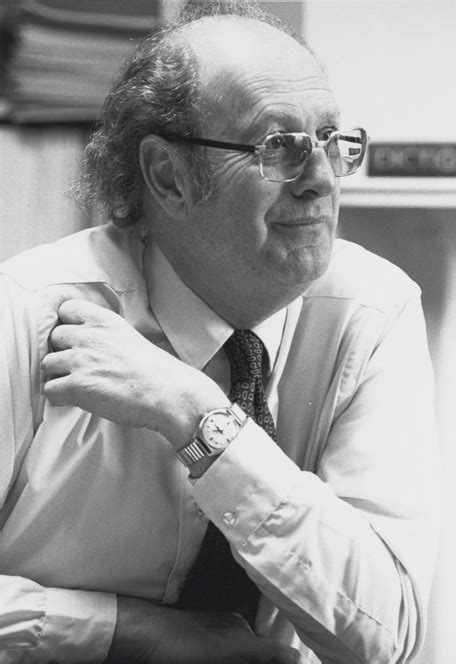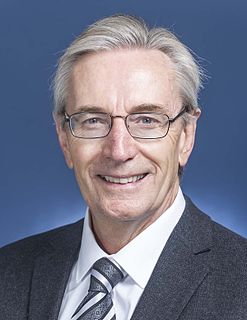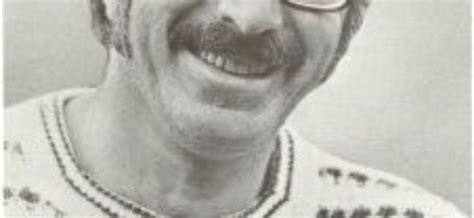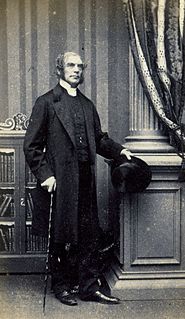A Quote by Grover Cleveland
Related Quotes
There is the theory that all the living forms in the world have arisen from a single source which itself came from an inorganic form. This theory can be called the 'general theory of evolution,' and the evidence which supports this is not sufficiently strong to allow us to consider it as anything more than a working hypothesis.
The fourth paradigm forces us at every point to discern between the creationally valid and the sinfully perverse and thus confronts us with a never-ending task which requires not only competence but also spiritual discernment. Yet this is precisely the task which we must assume, even at the risk of being vague on specifics. The alternative is to compromise basic themes of authentic Christianity.
Christ's boundless grace confronts our deep necessities. Christ's promised presence confronts our sad and gloomy loneliness. Jesus thus filled with grace so overflowing, with love so tender, with sympathy so exquisite, with power so illimitable, with resources so boundless, with a nature so changeless, stands before us and says to each trembling heart, 'Fear not!'
The human condition comprehends more than the condition under which life has been given to man. Men are conditioned beings because everything they come in contact with turns immediately into a condition of their existence. The world in which the vita activa spends itself consists of things produced by human activities; but the things that owe their existence exclusively to men nevertheless constantly condition their human makers.
The theory of medicine, therefore, presents what is useful in thought, but does not indicate how it is to be applied in practice-the mode of operation of these principles. The theory, when mastered, gives us a certain kind of knowledge. Thus we say, for example, there are three forms of fevers and nine constitutions. The practice of medicine is not the work which the physician carries out, but is that branch of medical knowledge which, when acquired, enables one to form an opinion upon which to base the proper plan of treatment.


































